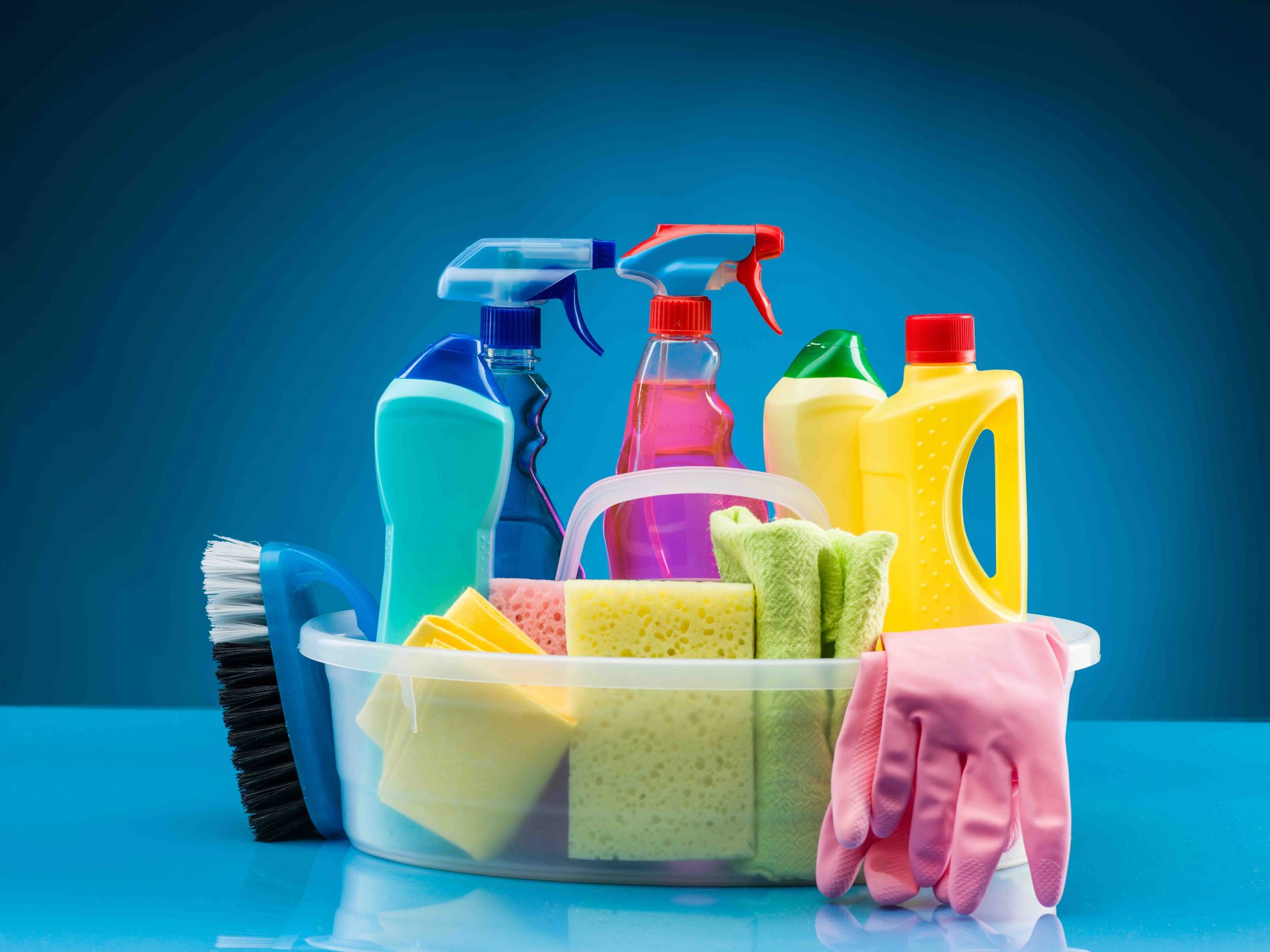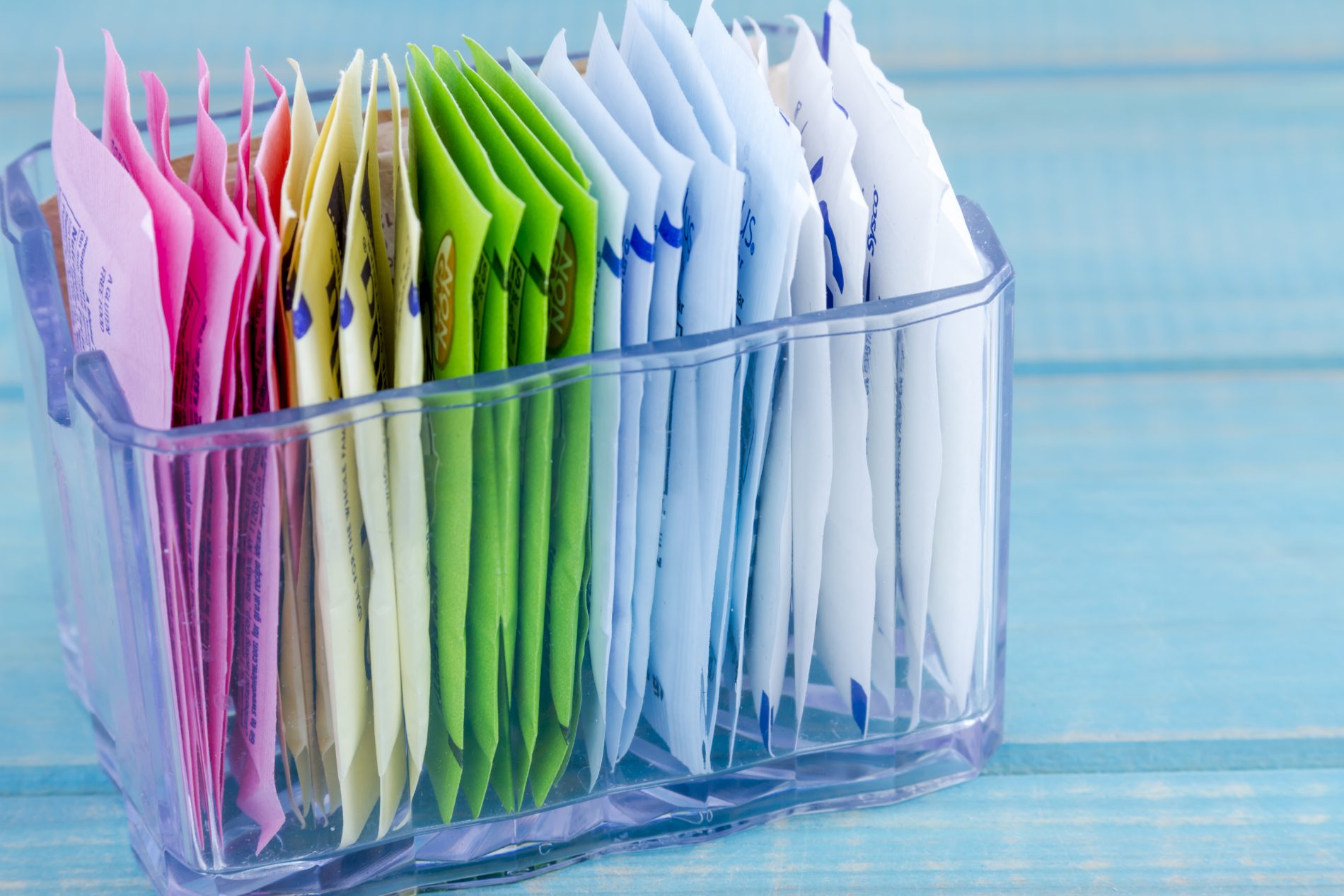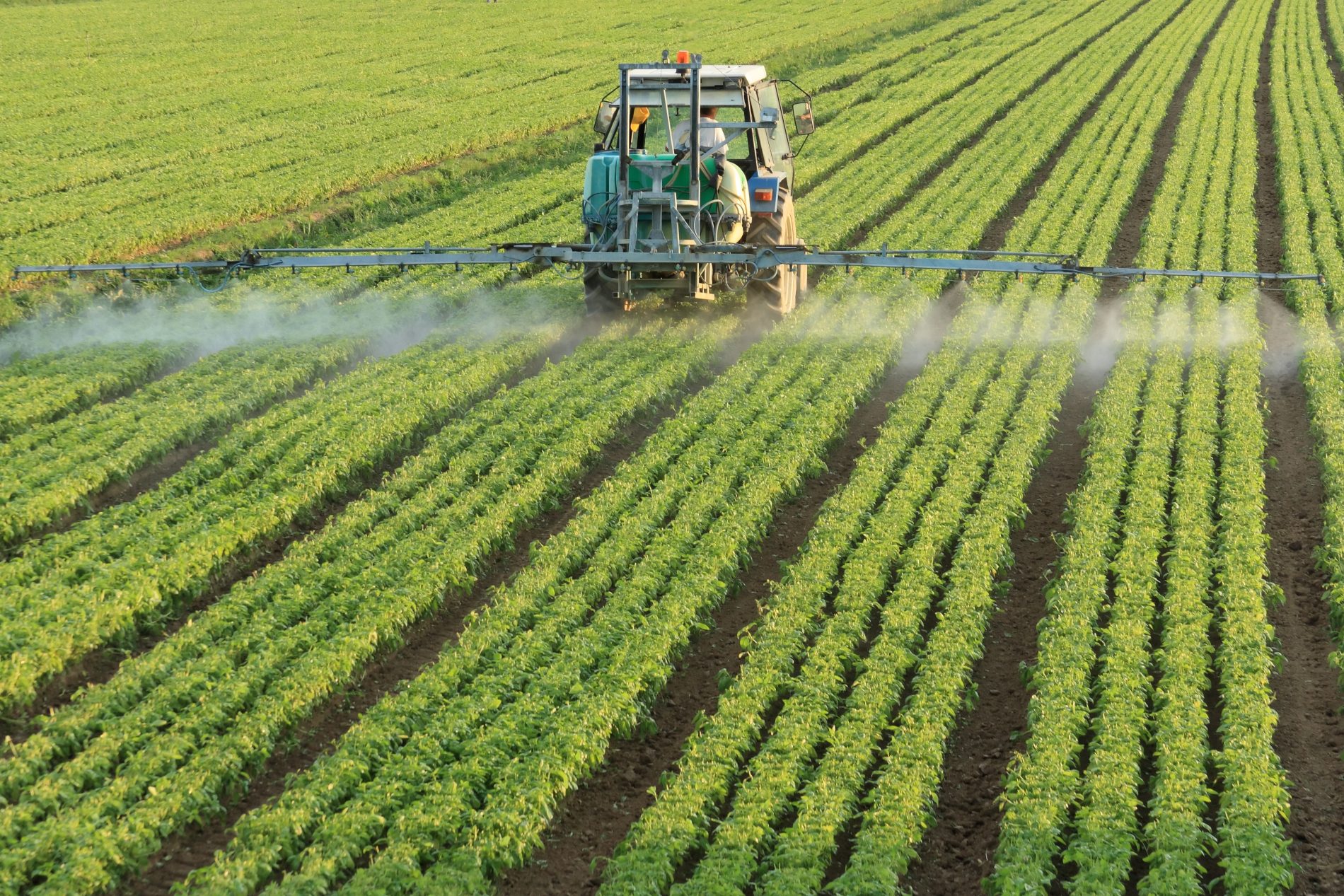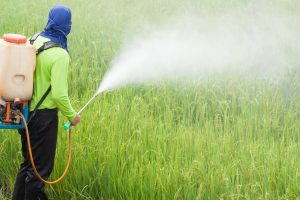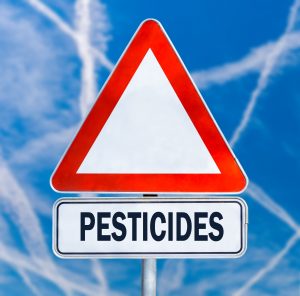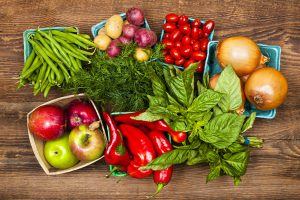What are you cleaning with? What soap do you wash dishes with? Run the dishwasher with? Do the laundry with? What about your windows? toilets? sinks? floors? How do you control odours? Manage the dust collection? Are you inadvertently poisoning your family?
You probably have a giant bucket of cleaning supplies, solutions, soaps, detergents, sprays and poisons to combat the dirt, grime, dust and bacteria that tries to call your home their home too.
This bucket is filled with hundreds of chemicals and can cause very serious health problems for your entire family.
The worst part is that there are no regulations in this industry that states they must label their products with warnings about the health problems these products can cause from not only extended use, but even to use them once.
So, here is your warning label!
When we use these chemicals in our homes, they stick around for a very long time.
• They linger in the air and we breathe them in
• They stay on the dishes and cutlery until they combine with our food and find their way into our bodies
• They stick in the clothes we wash in the toxic detergents and cause our skin to absorb the chemicals
• They stay on the floor until our feet or our babies’ crawling tummies have absorbed the chemicals into their skin
• They go down the drain to further poison our aquatic life and then circle back around to the drinking water supply
Once these chemicals are used, they are with our planet forever. And they can cause serious health complications, such as:
• cancer
• allergies
• migraines
• hormone mimicking
• chemical burns
• kidney damage
• endocrine disruption
• skin and eye irritation
• throat and lung problems – breathing problems, asthma
• and many more serious health issues.
How to Avoid Toxic Chemicals?
Make your own cleaning supplies!!! You can clean 99% of your entire home with vinegar in a spray bottle, some baking soda and your favourite essential oils.
Toilets and sinks – spray them down with vinegar, sprinkle around some baking soda, add 3-4 drops of essential oil (lemon is great), leave it for 5 minutes and clean as usual.
For laundry detergents, dish soap, etc, begin shopping at your local health food store for non-toxic products. Speak with the staff to hear about their favourite options and try them out.
How to identify toxic chemicals?
These are some of the worst offenders, found in a variety of your household cleaning supplies. Avoid them like it’s your job!
• Ammonia
• Coal Tar Dyes
• MEA (monoethanalomine)
• DEA (diethanolamine)
• TEA (triethanolamine)
• Fragrance (can be a mixture of the more than 3000 chemicals existing that create fragrance)
• Pthalates
• Nonylphenol ethoxylates (NPEs)
• Phosphates
• Quaternary Ammonium Compounds
• Silica Powder
• Sodium Hydroxide (Lye)
• Sodium Lauryl Sulfate
• Sodium Laureth Sulfate
• Triclosan
• Trisodium nitrilotriacetate
These chemicals are found in dish soaps, disinfectants, laundry detergents, cleaning towelettes, toilet bowl cleaners, deodorizers, surface cleaners, abrasive cleaning powders, all purpose cleaners, fabric softeners, degreasers, dishwasher detergents, stain removers, car wash products, air fresheners, floor cleaners, oven cleaners, glass cleaners, window cleaners, drain cleaners, stainless steel cleaners, rust removers, and automobile cleaners.
With Sources from:
http://www.davidsuzuki.org/issues/health/science/toxics/the-dirt-on-toxic-chemicals-in-household-cleaning-products/
Jo-Anne Richardson has almost a decade of experience managing a chiropractic office and educating patients on how chiropractic can allow your body to express optimal health. She is a Registered Holistic Nutritionist and holds a Degree in Communications. She loves to experiment with raw vegan recipes, loves to salsa dance, travel and learn new holistic health information to share tips with everyone who visits the office.

